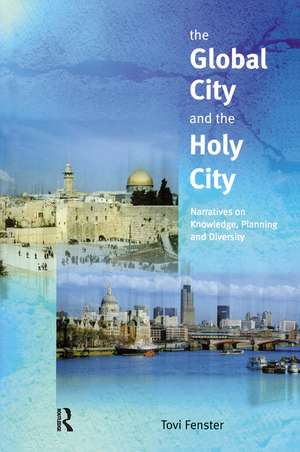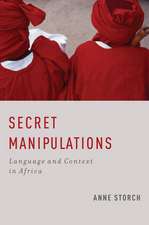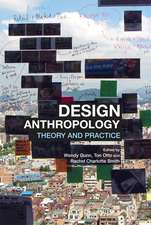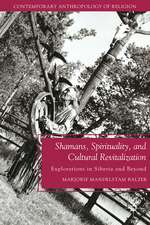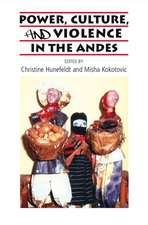The Global City and the Holy City: Narratives on Knowledge, Planning and Diversity
Autor Tovi Fensteren Limba Engleză Hardback – 18 sep 2018
| Toate formatele și edițiile | Preț | Express |
|---|---|---|
| Paperback (1) | 461.03 lei 6-8 săpt. | |
| Taylor & Francis – 17 dec 2003 | 461.03 lei 6-8 săpt. | |
| Hardback (1) | 1109.18 lei 6-8 săpt. | |
| Taylor & Francis – 18 sep 2018 | 1109.18 lei 6-8 săpt. |
Preț: 1109.18 lei
Preț vechi: 1352.65 lei
-18% Nou
Puncte Express: 1664
Preț estimativ în valută:
212.24€ • 222.19$ • 175.62£
212.24€ • 222.19$ • 175.62£
Carte tipărită la comandă
Livrare economică 07-21 aprilie
Preluare comenzi: 021 569.72.76
Specificații
ISBN-13: 9781138166837
ISBN-10: 1138166839
Pagini: 344
Dimensiuni: 156 x 234 x 21 mm
Greutate: 0.45 kg
Ediția:1
Editura: Taylor & Francis
Colecția Routledge
Locul publicării:Oxford, United Kingdom
ISBN-10: 1138166839
Pagini: 344
Dimensiuni: 156 x 234 x 21 mm
Greutate: 0.45 kg
Ediția:1
Editura: Taylor & Francis
Colecția Routledge
Locul publicării:Oxford, United Kingdom
Cuprins
List of figures
List of tables
Preface
1. Introduction
Part I: Planning, Knowledge and Diversity in the City
2. Planning traditions, globalisation and the discourse around knowledge: History, criticism and change
3. Society and space: Diversity, difference and knowledge in the global city
4. London and Jerusalem: Whose planning, whose power, whose diversity?
Part II: The Local Embodied Knowledge of Comfort, Belonging and Commitment in the Global and the Holy City
5. On comfort
6. On belonging
7. On commitment
8. Gender identity and the local embodied knowledge of comfort, belonging and commitment
Part III: Different Ways of Knowing: Diversity, Knowledge and Cognitive Temporal Maps
9. The images of comfort, belonging and commitment in cognitive temporal mapping
Part IV: Between the ‘Holy’ and the ‘Global’: On Local Embodied Knowledge and Spatial Planning
10. Local knowledge and the planning of the built environment: Lessons in practice
11. Conclusion
Bibliography
Index
List of tables
Preface
1. Introduction
Part I: Planning, Knowledge and Diversity in the City
2. Planning traditions, globalisation and the discourse around knowledge: History, criticism and change
3. Society and space: Diversity, difference and knowledge in the global city
4. London and Jerusalem: Whose planning, whose power, whose diversity?
Part II: The Local Embodied Knowledge of Comfort, Belonging and Commitment in the Global and the Holy City
5. On comfort
6. On belonging
7. On commitment
8. Gender identity and the local embodied knowledge of comfort, belonging and commitment
Part III: Different Ways of Knowing: Diversity, Knowledge and Cognitive Temporal Maps
9. The images of comfort, belonging and commitment in cognitive temporal mapping
Part IV: Between the ‘Holy’ and the ‘Global’: On Local Embodied Knowledge and Spatial Planning
10. Local knowledge and the planning of the built environment: Lessons in practice
11. Conclusion
Bibliography
Index
Descriere
The Global City & the Holy City explores the local embodied knowledge of women and men of different national, cultural and ethnic identities and age groups, living in London and Jerusalem. Their narratives focus on the three main concepts of Comfort, Belonging and Commitment to the various spaces in which they live. By deconstructing the meanings of these three notions and analyzing their expression in cognitive temporal maps, The Global City & The Holy City examines the practicalities of incorporating this kind of local embodied knowledge into the professional planning and management of cities in the age of globalization.
